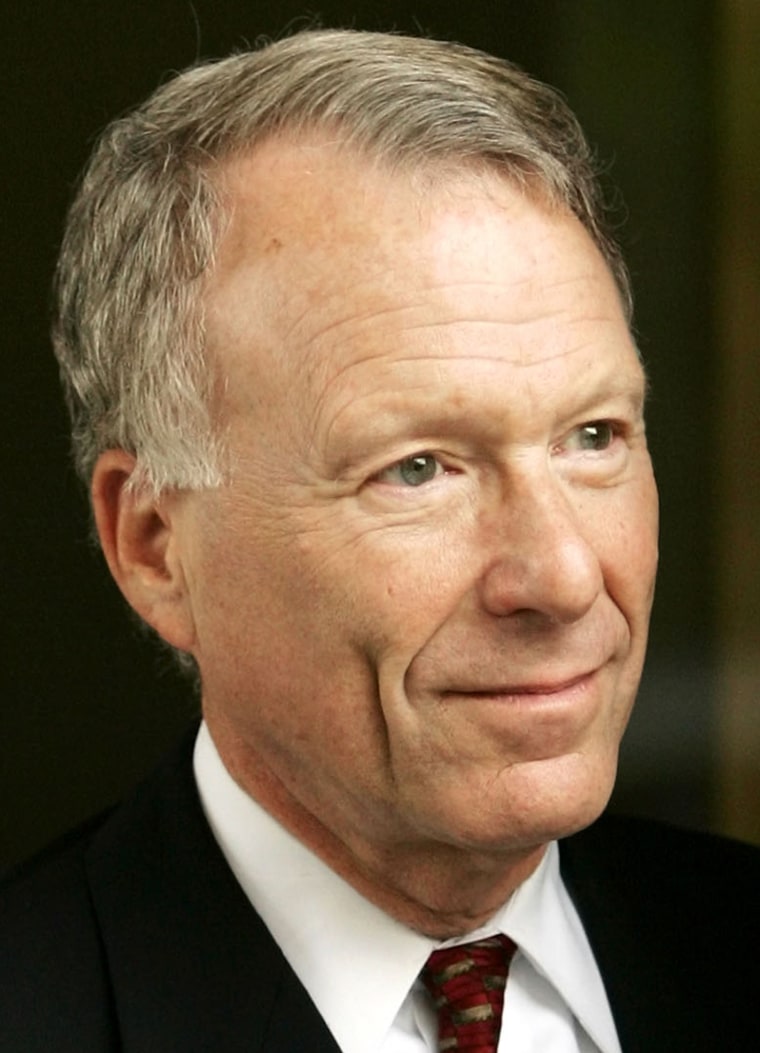A federal judge has accepted a series of redactions and substitutions proposed by Special Counsel Patrick Fitzgerald - to be provided to I Lewis "Scooter" Libby's defense team - which will limit what Libby can share with jurors at his upcoming trial on some of the specifics of his top-secret White House briefings.
U.S. District Judge Reggie Walton also ordered the review by national security agencies of classified documents requested by Libby - Vice President Cheney's former chief of staff - for his defense of perjury and obstruction charges in the Valerie Plame, CIA/Leak case, must be completed by December 22.
Judge Walton, in his ruling, writes that the substitutions can provide Libby, "substantially the same ability to make his defense as would disclosure of the specific classified information."
Libby's graymail gambit defeated?
The new substitutions submitted by Fitzgerald may also effectively end what prosecutors say was Libby's attempt to try to get the case dismissed by demanding so much sensitive information that the government would have no choice but to refuse. The legal gambit is called "graymail."
Court records released recently offered the first glimpse at the type of classified information Libby wants to share with jurors.
Libby says that during the investigation into the leak of a CIA agent's identity, he was preoccupied with terrorist threats, Iraq's new government and emerging nuclear programs in Iran, Pakistan and North Korea. These are some of the nine specific subject areas that Libby plans to testify clouded his memory of what he was told by the Vice President and others about Plame and what he then told reporters and investigators about the former CIA operative.
Walton ruled last month that Libby must have access to some classified information at trial but, until a redacted copy of the judge's order was released by the court, the topics were sealed.
Walton's opinion revealed that Libby wants to use 129 classified documents. Walton said Libby could discuss documents that fell on or near key dates in the case, such as when the aide spoke to reporters and investigators.
Special Prosecutor Patrick Fitzgerald has said he might appeal Walton's ruling, a move that could delay a trial scheduled to begin in January. Late last month, Fitzgerald notified the court that he may appeal Walton's ruling on the standards the judge will use for determining which classified materials Libby may use as evidence in defending himself.
Libby is accused of lying to investigators and a grand jury about his conversations with journalists regarding Plame.
Joel Seidman is a producer for NBC News, based in Washington, DC.
